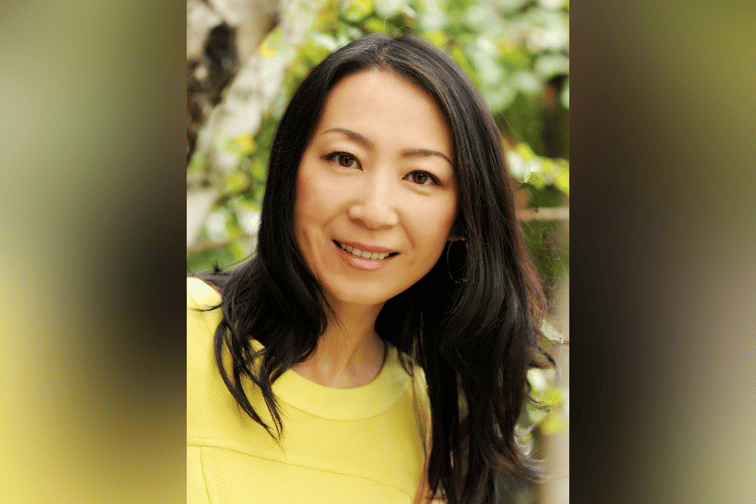

By
The accommodation needs of students and future migration plans will continue to drive most of the borrowing activity from Chinese families with an interest in Australian property, says a leading local broker servicing the Chinese community.
Vivian Wang (pictured above), director of Vmoney based in Melbourne, said she lost the segment of her business advising Chinese property investors when regulators and banks imposed tighter controls on foreign investment from 2016.
“Any renewed interest from Chinese investors won’t mean much to our mortgage business unless regulators are willing to relax the restrictions and foreign lending policies and permit banks to lend to foreign investors again,” Wang said.
A recent article in The Australian suggested a younger generation of Chinese in their 20s and 30s may be considering Australia as a better place to invest in property for the future.
A recent decline in the Chinese population and the fact that property in China is owned under a 70-year lease from the government were given as reasons for fears over future property values.
However, Wang said most young people in that age group had likely just finished university study, were building their career and finding a footprint in the big cities “and dream one day they could own a little apartment where they can call home”.
“The idea of investing in foreign countries would be ‘pie in the sky’ for them,” she said. “For those who are able to do so, it is quite likely they are from rich families and the decision would be made under their parents’ influence anyway.”
Wang expects the lease issue will not result in big risks for China property values.
“Obviously no one can predict the future, but it is most likely the lease will be renewed as the government has to be very careful making any fundamental decision affecting ordinary people’s lives. I am sure the government will announce the decision before the lease comes to an end and give people assurance,” she said.
“The future value of property in China will always depend on the supply and demand. Chinese are very emotionally and financially attached to properties, it is part of the culture and I don’t see this can be changed any time soon.”
Wang said young Chinese people had different views than that those of older generations.
“I have found younger people are less attached to properties and fear of commitments, and tend to focus more on lifestyle, life experience and are more interested in other types of investments, like shares and cryptocurrency.”
Restrictions imposed by the Chinese government on foreign investment and high costs for foreigners to buy properties in Australia – including a foreign stamp duty surcharge and extra land tax – are also likely to dampen activity from Chinese investors in the market.
Wang has been splitting her time between her mortgage business Vmoney and property development projects in the last few years. She is not expecting 2023 to be an easy year for either business due to ongoing rises in interest rates.
“This will mean people will continue suffering from high mortgage repayments and living costs, first home buyers will find it harder to save money, and there will be reduced borrowing capacity due to higher assessment rates,” she said.
“All these factors will negatively impact the property market, therefore the market will continue to be softening until we start to see interest rates falling again.”
Wang’s property development clients were also struggling to make new projects feasible due to soaring construction costs, a tougher lending environment and higher capital costs, and a volatile market, adding up to a “very difficult time indeed”.
“In terms of our mortgage business, it would be a steady year for us as luckily we have built good clientele over the years; we will continue serving our existing clients’ needs and slowly grow our book from serving new customers,” Wang said.
“Hopefully with the international borders reopening, tourists and students returning and migration starting up again, we will see recovery in the economy and demand on the property market this year.”
